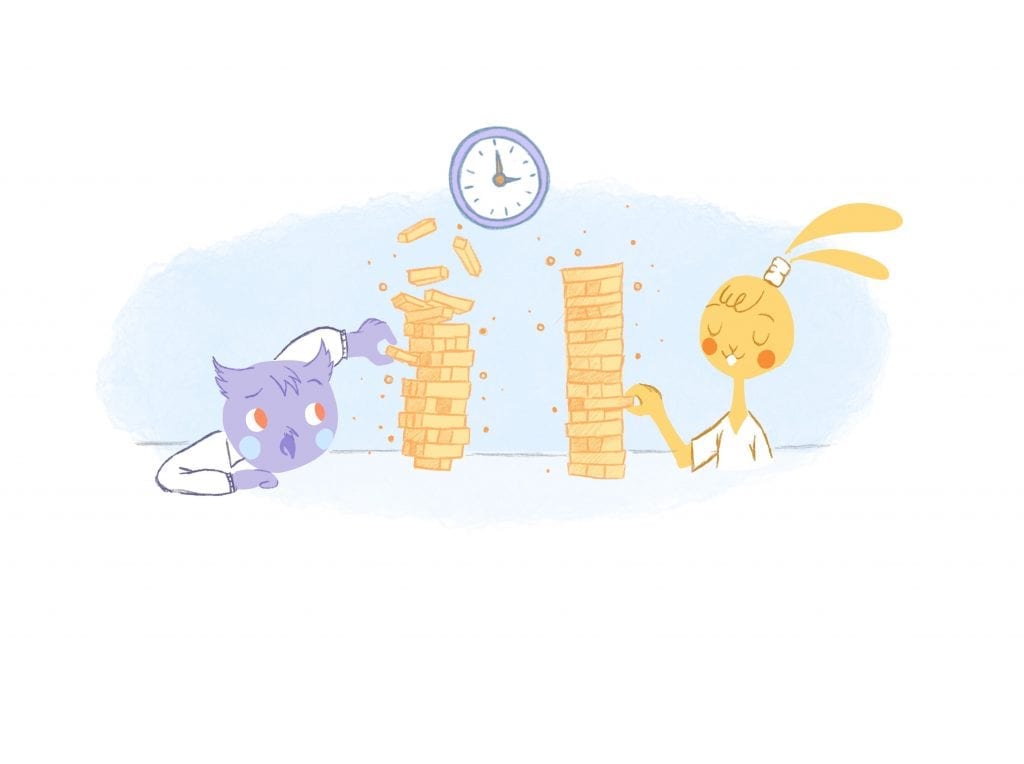

I have an affinity for William Penn. Sure. He founded the Province of Pennsylvania, as well as planned and developed Philadelphia. But, it was also the democratic principles he established that were the inspiration for the United States Constitution. And, he also had some pretty inspiring quotes. Here are some thoughts on time which is your most valuable asset.
One of my all-time favorites quotes from William Penn is, “Time is what we want most, but what we use worst.” I think that’s pretty self-explanatory. But, there is an excellent explanation of its meaning over at philosiblog.com;
“Time. You never know how much you have, but yet we still waste it. There are only so many hours in each week, yet still we waste several of them.
Time is something we cannot get back, yet we still spend our hours as if they were free. And that seems to be the central problem of humanity.
We know what time is, she know how precious it is (at least in retrospect), but we have such great difficulty treating it with value and respect in the present.
We mourn for time’s passing, but do not respect it in the present. We want it back after it is gone, but ignore it when it is here. We do not properly value it.”
Beautiful — and spot on. But, let’s dig a little deeper here on why time is your most valuable asset.
Time is the only non-renewable resource.
You may have never thought about this before. But, 100% true. Time is the only thing in life that you can never get back once it’s gone.
You can always plant a tree when one has been chopped down. Need to tap into your emergency savings? You can replenish that money. If a natural disaster has impacted your home? You can rebuild it. And, when your business failed or when to leave your job, you can launch your own.
As physicist Albert-László Barabási once wrote, “Time is our most valuable non-renewable resource, and if we want to treat it with respect, we need to set priorities.”
Valuing time over money makes you happier.
Research from 2016 found that those who chose time over money are happier. More recently, in 2019, researchers at the University of British Columbia found similar results.
“People who value time make decisions based on meaning versus money,” said study leader Ashley Whillans, an assistant professor of business administration at Harvard Business School. “They choose to do things because they want to, not because they have to.”
There’s a caveat here. You still need that cold, hard cash to live. After all, you need to eat, have a roof over your head, and some sort of fonds to make memories. The thing is though, money can only buy some happiness. Once people have reached the $95,000 threshold, “further increases in income tended to be associated with reduced life satisfaction and a lower level of well-being.”
Time makes you more successful.
We all have our own definitions of success. But, to me, it’s not how much you have the bank or title you’ve earned at work.
Instead, my definition of success can be productive and effective so that you can live the life you want. It’s not putting off the things that you find valuable, like relationships, learning, or your health. Success has the power to say “no.” And, it’s living following your goals and values.
None of that is possible without realizing that time is your most valuable asset. For example, how can you be a successful leader that preaches the benefits of work-life balance when you’re working 80 plus hours per week? Besides not setting an example, that’s not aligning with your goals.
How You Can Protect Your Most Valuable Asset
So, if you’re tired of wasting your valuable time, then you need to protect it at all costs. That may sound extreme. But I’m serious. As Jim Rohn said, “Either you run the day, or the day runs you.”
Learn how to prioritize your time.
The only way that you’re going to guard your time, then you first need to know how you want to spend exactly. Of course, this is going to vary from person to person. And it may change throughout the years.
For instance, in your 20’s, your main priority may have been starting your own business. But, once you had a family, that definitely changed. While your business is still a top priority in your life, your family is now in the top spot.
So, where do you begin? As Calednar founder John Rampton wrote previously, if you want to achieve optimal time prioritization, you need to set goals and stick to them. “Goals are like a map,” writes John. “They provide us with a starting point and step-by-directions on how to reach our destination.” They also keep us focused. “If you’ve ever driven in unfamiliar territory, your eyes are fixed sharply on the road so that you don’t miss a turn.”
Personally, I’m a big fan of the SMART goal formula. But, feel free to try out strategies like running a SWOT analysis or Tony Robbin’s RPM method.
Besides setting goals, you could also give the following techniques the college try:
- Create a master list.
- Use a priority matrix, like the popular Eisenhower Matrix, so you know what to do, delegate, delete, or drop.
- Focus only on your MITs — these are three most important tasks for the day.
- Follow the 80/20 Rule.
- Do what you dread first.
- Be respectful to dates and deadlines.
- Keep a log of your work to be used as a reference.
- Be like another Philly icon, Ben Franklin, and ask, “What good shall I do this day?”
After you’ve identified your priorities, you can then plan how you want to spend your time.
Arrest “time thieves.”
I wish I came up with this term. But, alas. It was the one-and-only Kevin Kruse.
According to Kevin, examples of “time thieves” would be:
- Meetings. “They start late, are poorly run, and often end without any material accomplishment.” No wonder Mark Cuban isn’t a fan like he is with his Dallas Mavericks. Only put a meeting in your calendar when there’s a purpose, or as Cuban would say if someone is writing you a check.
- Email. Kruse’s research has found that this is the “No. 1 thing that’s impacting their productivity.” That’s because they’re a frequent distraction. And, once that happens, it takes about 20-minutes to regain momentum. The solution? Turn off your notifications and set aside specific times to check your inbox.
- Helping others. Does that mean you can’t do this? Of course not. It’s just doing so when you have the availability. For example, instead of an open-door policy, “have designated times for communication—similar to “office hours”—when team members are free to ask questions and discuss issues.”
Let others know that your time is valuable.
“Because time is your most valuable asset, you can’t be willing to give it away to others freely,” Calendar co-founder John Hall wrote over on Success. “It prevents you from prioritizing your own wants and needs,” adds John. “It’s like making deposits in everyone else’s bank accounts and never putting anything in your own.”
So, what signals are you sending out that lets others believe your time isn’t valuable? Well, here are four of the most common culprits:
- Saying “yes” to everything. “If you accept every request that comes your way, you’re putting other people’s priorities ahead of your own,” writes John. “Start saying ‘no’ more often,” he suggests. “It’s the simplest way to start accomplishing your goals.”
- Getting easily distracted. We already covered email and office visits. But, other distractions could be social media, background noise, or hunger. Know what interrupts you and when so that you can find ways to reduce them.
- Being on call 24/7. Smartphones are part of the problem here. But, just because we can answer a text or email at all times doesn’t mean you should. Set boundaries on when you’re connected and when it’s time to unplug.
- Not sticking to time limits. Did you schedule a 15-minute conference call? Then that’s how long that call is going to last.
- Allowing tardiness. Let’s say that a co-worker or friend shows-up 15-minutes late. Let them know that’s not cool. “When others disrespect your time,” says John “you lose time to work on your goals.”
What’s the key takeaway here? Don’t take time for granted. Instead, cherish it so that you can squeeze every minute out of every day.











John Hall
John Hall is the co-founder of Calendar a scheduling and time management app. He’s also a keynote speaker that you can book at http://www.johnhallspeaking.com.